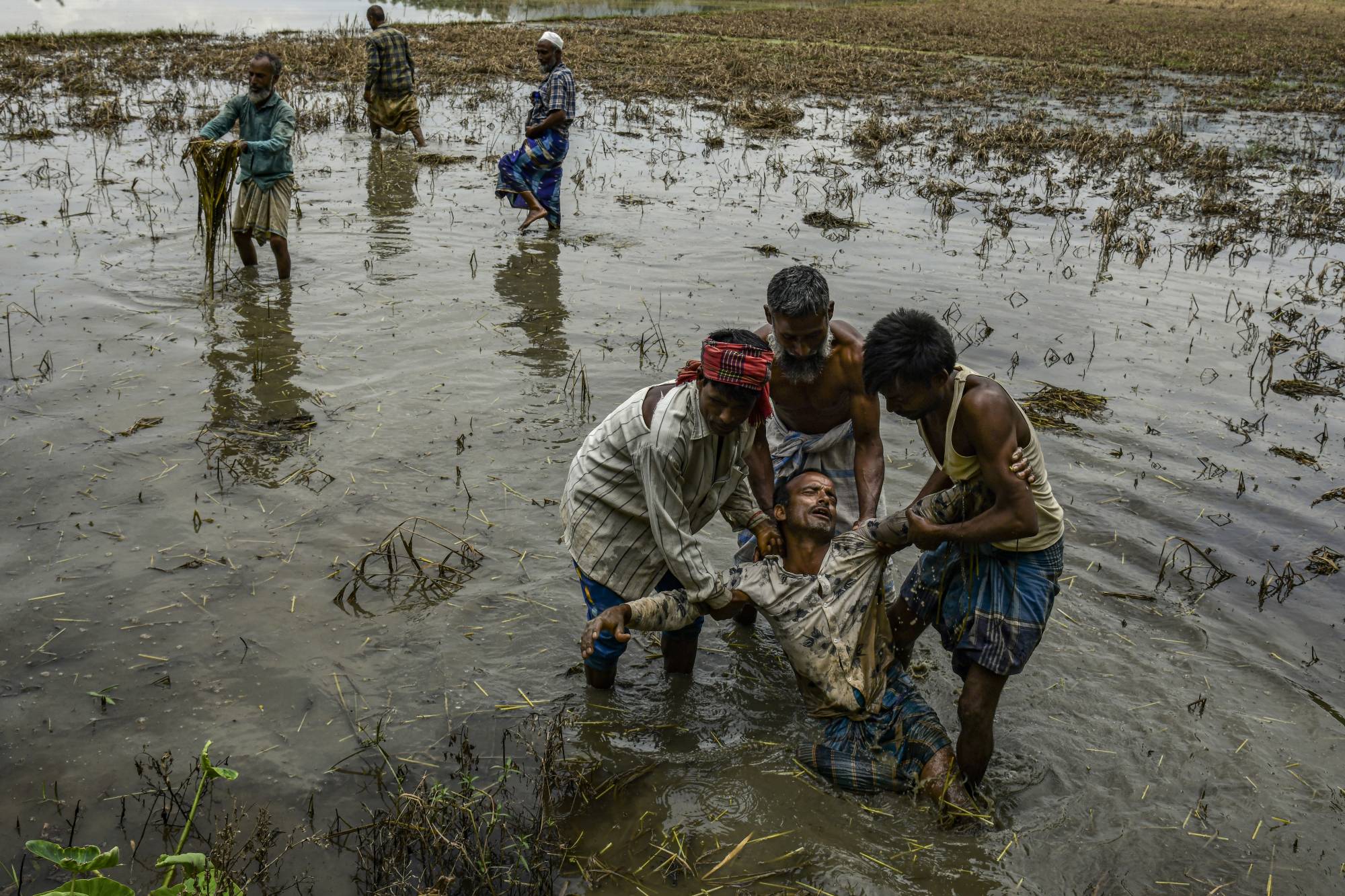When the unseasonably heavy rains flooded the fields, and then the equally unseasonable heat shriveled the seeds, it did not just slash Ranjit Singh’s wheat harvest by nearly half.
It put him, and nearly all the other households in his village in northern India, that much further from financial stability in a country where a majority of people scratch out a living on farms. Like many Indian farmers, Singh is saddled with enormous debt and wondering how he will repay it, as a warming world makes farming ever more precarious.
For India and other South Asian nations, home to hundreds of millions of humanity’s most vulnerable, a seemingly bottomless well of challenges — poverty, food security, health, governance — has only deepened as the region bakes on the front lines of climate change.

















With your current subscription plan you can comment on stories. However, before writing your first comment, please create a display name in the Profile section of your subscriber account page.